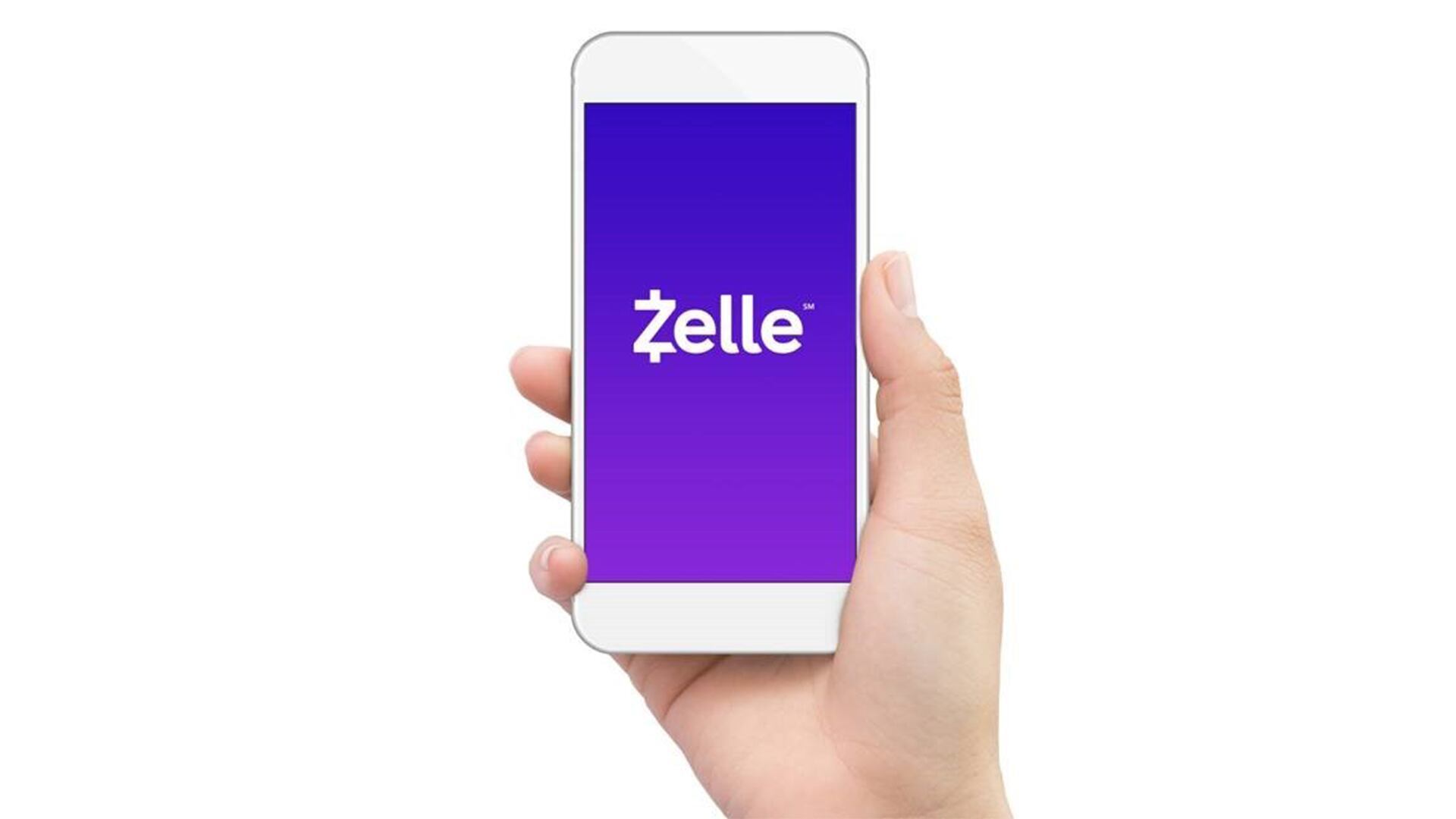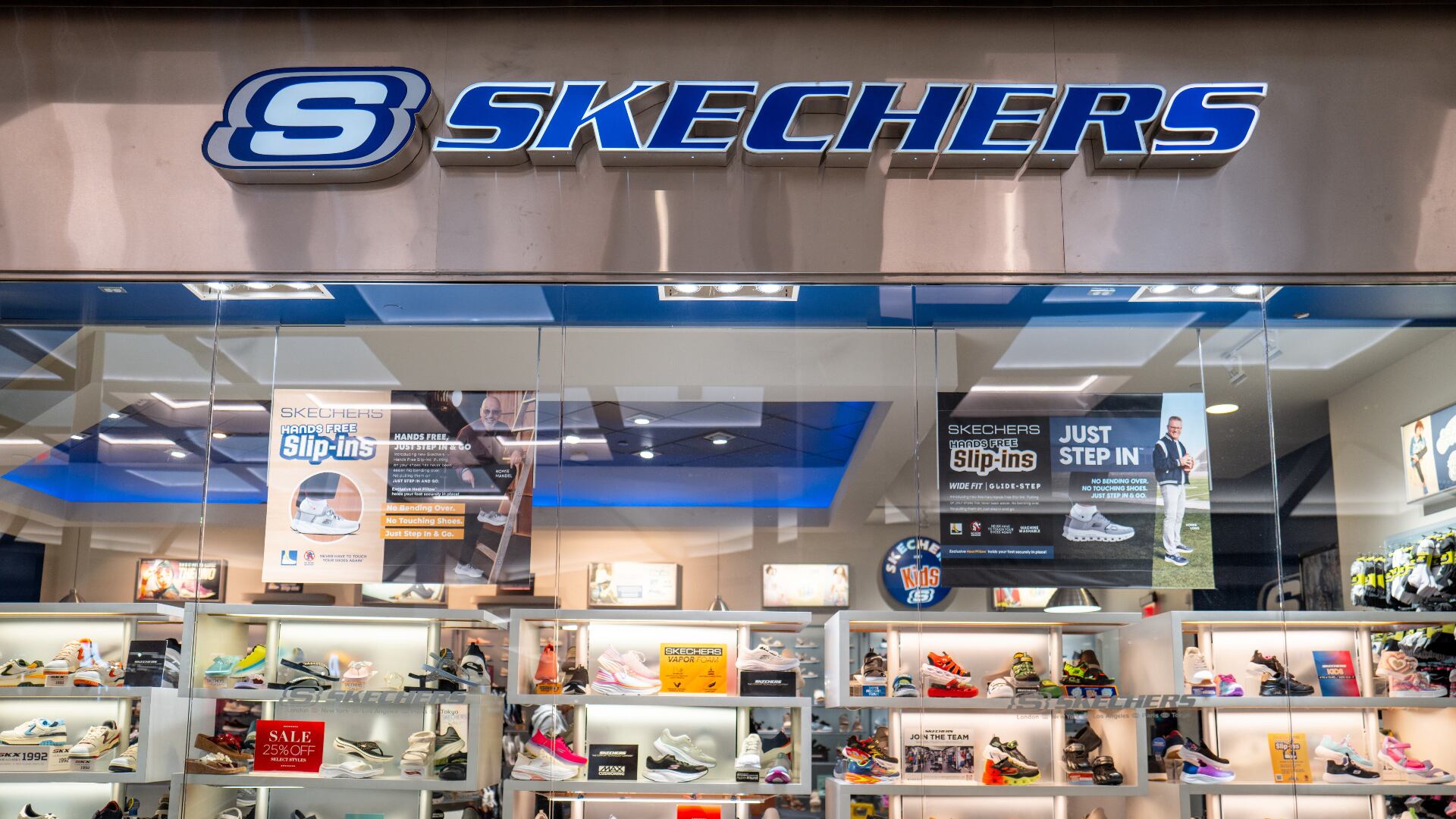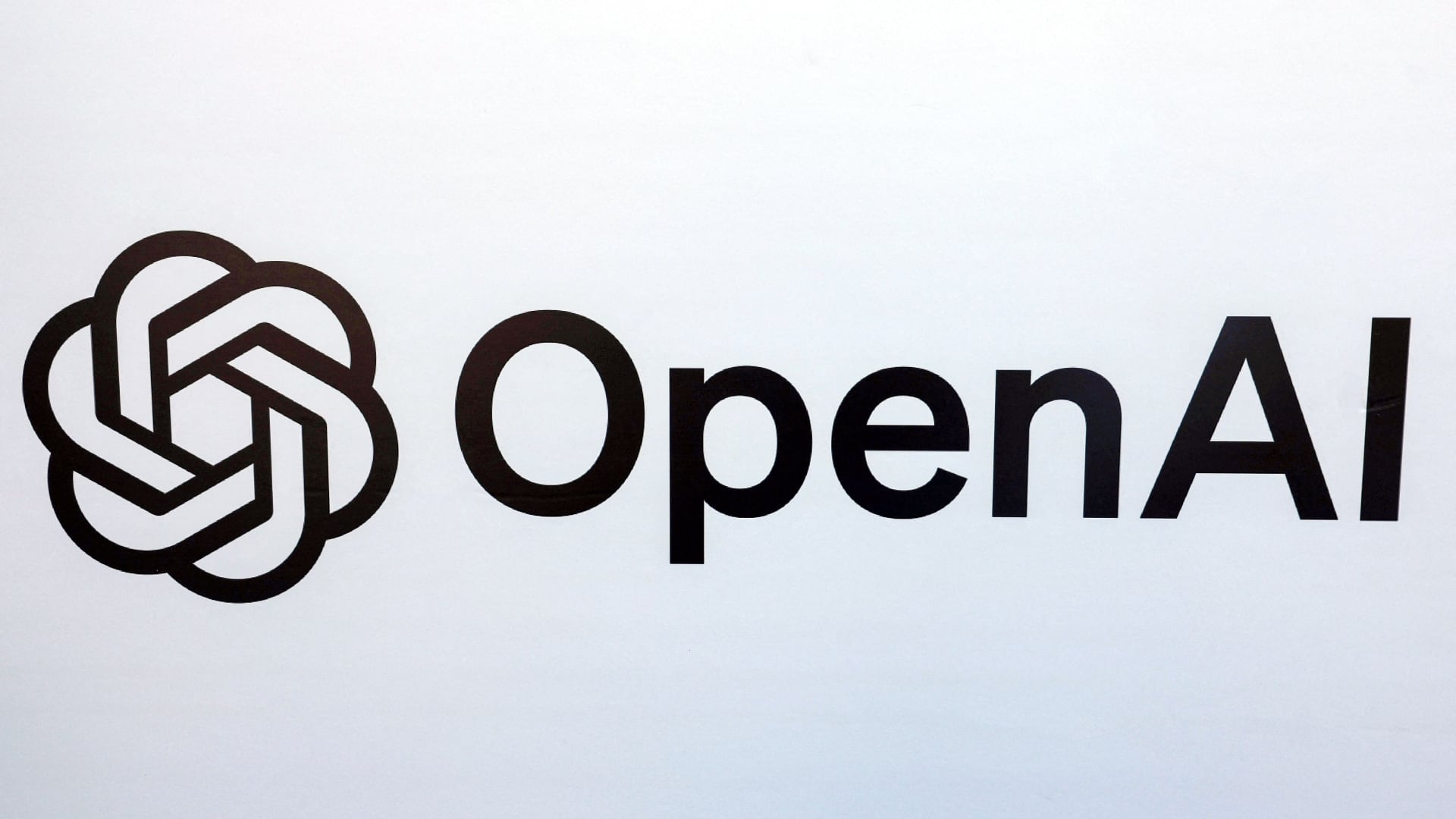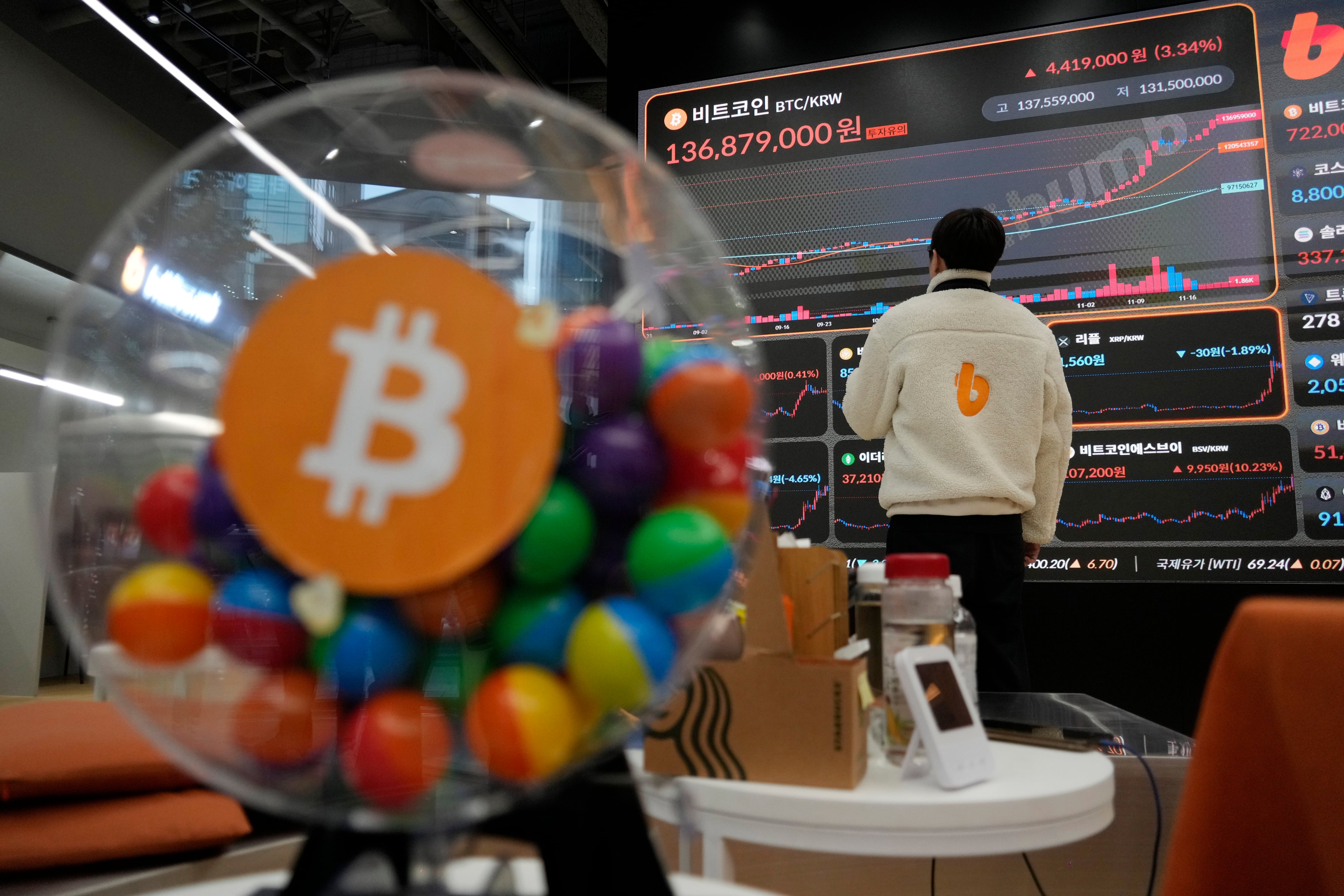As consumers adapt to the 'new normal' of staying in PepsiCo is launching two new direct-to-consumer platforms that will let hungry customers get food and beverages delivered straight to their doors.
PantryShop.com offers consumers curated bundles of PepsiCo's top-selling snacks that can be delivered to their doors within two days, and on Snacks.com, they will be able to choose from more than 100 Frito-Lay products as well.
Gibu Thomas, PepsiCo senior vice president and head of e-commerce, told Cheddar Monday that these new platforms are designed to meet customers' needs now.
"It's really what we've seen during this time. There is a whole new set of behaviors we're seeing from consumers. They're working from home, working out from home, homeschooling their kids, so there's a lot of things that they need," Thomas said.
These new platforms aren't meant to replace retailers, Thomas noted, and the company is using the new channels to learn about consumers' needs directly from them.
"The way we look at this is, 'How do we complement these offerings?'" he said. "And there are certain things that we want to also test and learn through this process because there is research that shows e-commerce in food and beverage could have accelerated as much by five years."
For years even before the COVID-19 outbreak, PepsiCo had been growing its digital presence, allowing the company to experiment with new ideas and adopt a startup model when it comes to e-commerce, according to Thomas.
"Over the past few years PepsiCo has built talent and capabilities in the digital space that allows us to move like a startup," he said. "Now as we get feedback on the things that people like and the things that people want, we can pivot in a matter of hours and days like startups can do."
Since the beverage and snack food giant will be able to quickly receive feedback from consumers through these platforms, Thomas expects new insight to emerge that can help market products in-store.
"Part of being a consumer-centric company, which is a big value in which we operate, is to get that feedback from the consumer as quickly as possible," he said. "Let's say we find that people like Propel and Gatorade protein powder and some protein snack we're selling together as a solution, then that insight can lead us to maybe merchandising our product in a store differently."












